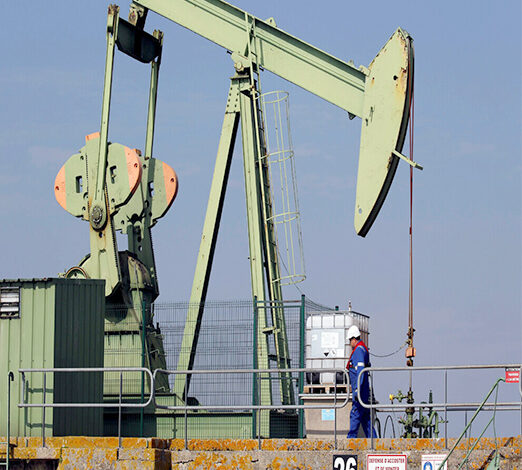Oil prices rise on potential OPEC+ supply cuts as BP shuts US refinery units.

(Reuters) – In New York, Oil prices rose on Thursday on mounting supply tightness concerns amid disruptions to Russian exports, the potential for major producers to cut output, and the partial shutdown of a US refinery.
By 0400 GMT, Brent crude rose 59 cents, or 0.6%, to $101.81 a barrel, while US West Texas Intermediate crude was up 42 cents, or 0.4%, at $95.31 a barrel.
Both crude oil benchmark contracts touched three-week highs on Wednesday after the Saudi energy minister flagged the possibility that the Organization of the Petroleum Exporting Countries and its allies, known as OPEC+, would cut production to support prices.
Furthermore, talks on an accord on Iran’s nuclear program have stagnated, bringing any resumption of exports into question.
“Brent crude oil prices rose beyond $100 per barrel as Saudi authorities indicated a readiness to protect prices through an OPEC+ output reduction if required, Citi analysts wrote in a note.
However, there is still doubt about the ability of OPEC+ to justify a cut in output with ongoing discussions over the Iranian nuclear deal as well as a deteriorating macroeconomic picture as the energy constraint worsens, according to Citi analysts.
In the United States, the world’s largest oil consumer, BP stated on Wednesday that several units at its Whiting, Indiana, refinery had been shut down due to an electrical fire.
The 430,000 barrel-per-day refinery supplies fuel to the central United States and the city of Chicago.
The European Union, the United States, and Iran are continuing talks to resurrect the 2015 nuclear deal, with Iran stating it has received a response from the US to the EU’s “final” language to resurrect the pact.
According to OPEC insiders, any reduction by OPEC+ is expected to coincide with the reintroduction of Iranian oil to the market if Tehran secures a nuclear deal with international powers.
Falling oil and product stocks in the United States also contributed to price increases. Oil inventories decreased by 3.3 million barrels in the week ending Aug. 19, to 421.7 million barrels, above analysts’ forecasts of a 933,000-barrel decline in a Reuters poll.
The optimistic impact was offset by a smaller-than-expected depletion in gasoline stocks, showing sluggish demand.
US gasoline supplies declined by 27,000 barrels this week to 215.6 million barrels, compared to a 1.5 million-barrel reduction predicted previously.
Overall gasoline demand in the United States fell in the most recent period, with the four-week average of daily gasoline product supplied down 7% from the previous year.





